

SOCIAL
PMI-WILL working groups trained on gender, public participation and feedback mechanisms
Working groups for the Partnership for Municipal Innovation-Women in Leadership (PMI-WILL) project from 3 local government authorities in the country namely: Tema metropolitan, Atebubu-Amantin and Kwahu West municipalities have attended a two day training workshop on gender, public participation and feedback mechanisms at Koforidua in the Eastern region.
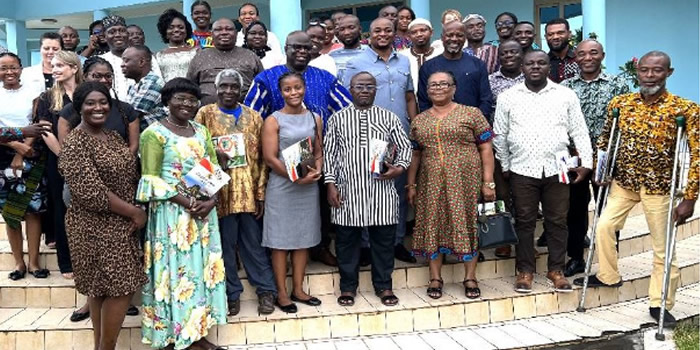
Date Created : 6/26/2023 12:00:00 AM : Story Author : Daniel Oduro-Stewart/Ghanadistricts.com
The 5 year project which also runs in Sri Lanka, Cambodia, Benin and Zambia is being implemented by the Federation of Canadian Municipalities in partnership with the National Association of Local Government Authorities of Ghana (NALAG) with funding from Global Affairs Canada.
Two other local authorities namely: Nandom municipal in the Upper West region and Saboba district in the Northern region complete a list of 5 beneficiaries of the project which aims at enhancing the rights of women and girls especially those from marginalized groups.
Welcoming participants, the National Project Coordinator Mr. Sheriff Amarh said women fall behind their male counterparts when it comes to leadership adding that of about 9000 assembly members countrywide less than 10% are women.
He said this is what the project seeks to correct by increasing the participation of women as leaders and decision makers in local governance and the capacity of local authorities to deliver inclusive gender responsive services for the benefit of women, girls, children and other marginalized groups.
Mr. Amarh indicated that to this end the project is building the capacity of Coordinating Directors, and gender desk officers at the assemblies as well as collaborating with civil society groups to ensure that the project objectives are achieved.
The working groups tasked with the development and implementation of action plans towards the attainment of project goals comprise Chief Executives, Coordinating Directors, Presiding Members, Planning Officers, female assembly members and gender desk officers.
Others are Social Welfare and Community Development Officers, civil society groups, people with disability, community members and Information Officers.
A group of facilitators from Radix Consult led by Mrs. Gertrude Owusu took participants through a number of gender concepts and definitions including intersectionality, gender based analysis and gender mainstreaming.
They were also schooled on frameworks for engaging communities and the development of engagement plans, engaging women and marginalized groups in the planning process, tools to promote marginalized voices in service delivery consultation and feedback as well as data considerations in using feedback mechanisms.
A team from the Federation of Canadian Municipalities led by Deb Doherty, Councilor of the City of Collingwood in Canada shared some very insightful thoughts with participants drawing a number of examples from the Collingwood experience.
Some participants indicated their happiness with the lessons learnt and expressed their readiness to be more gender responsive in the planning of their activities.
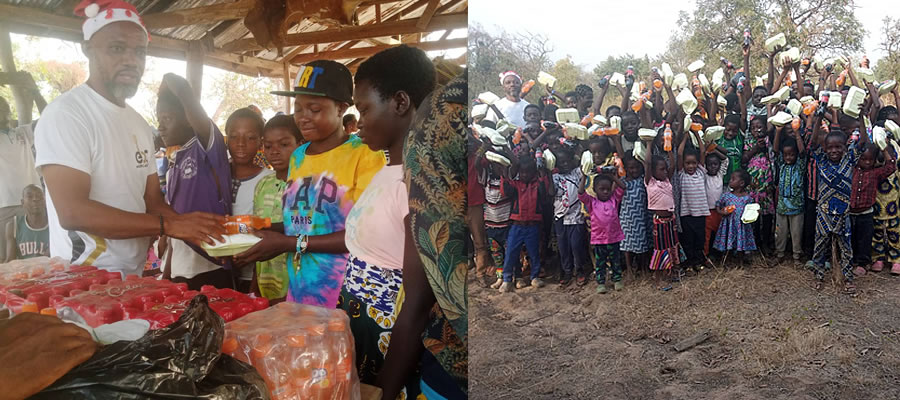
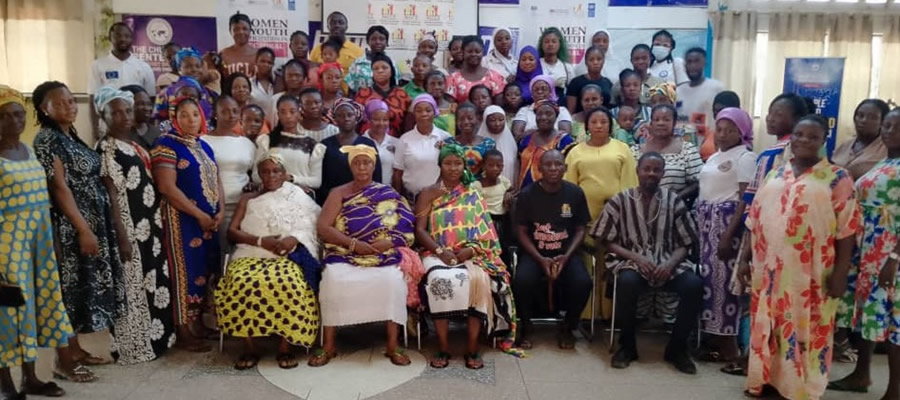
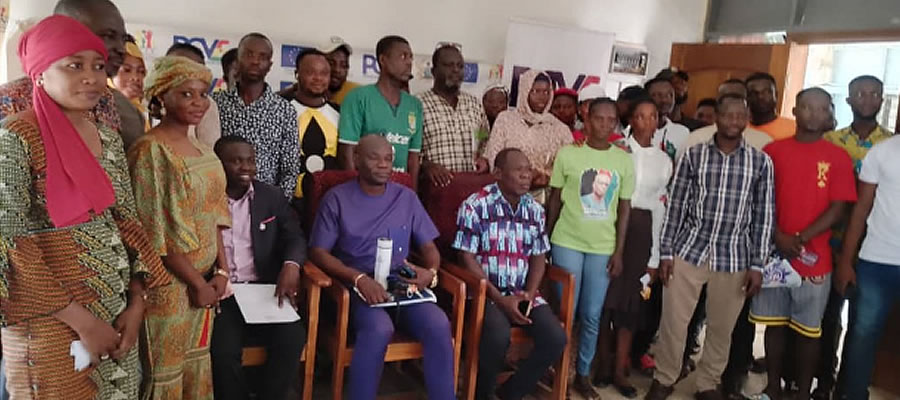
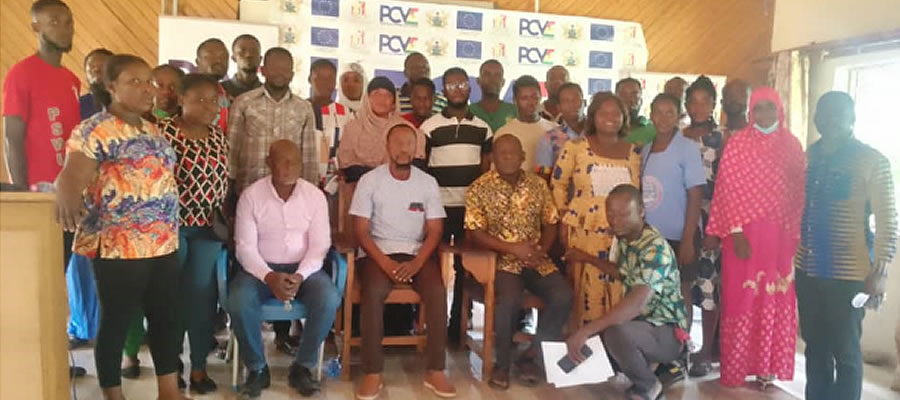
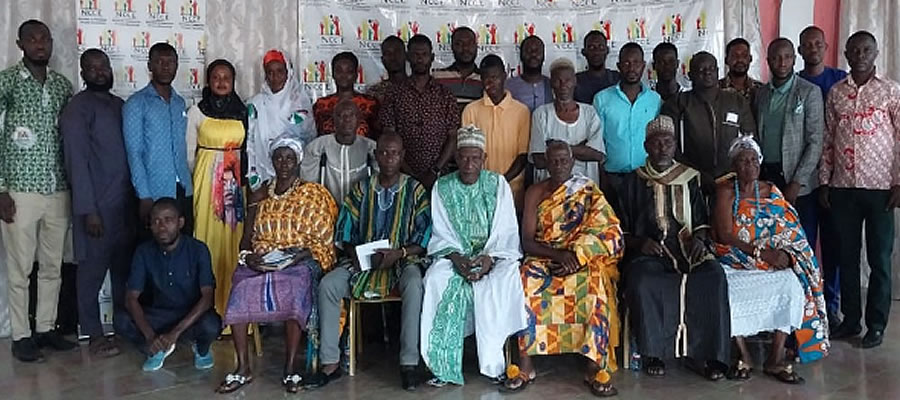
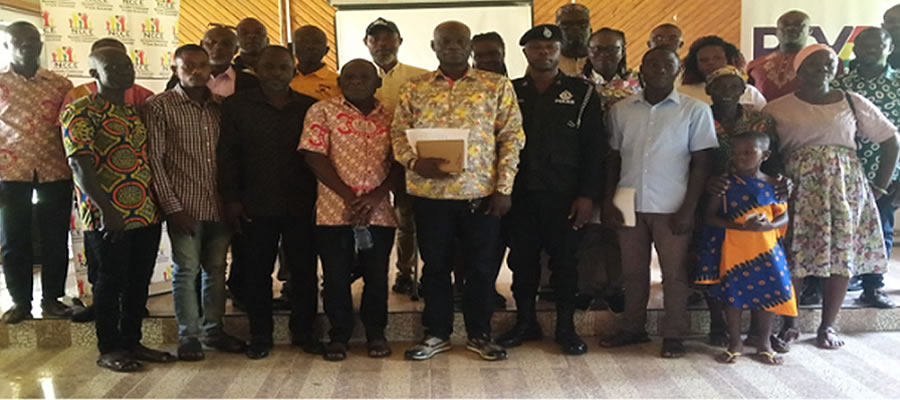
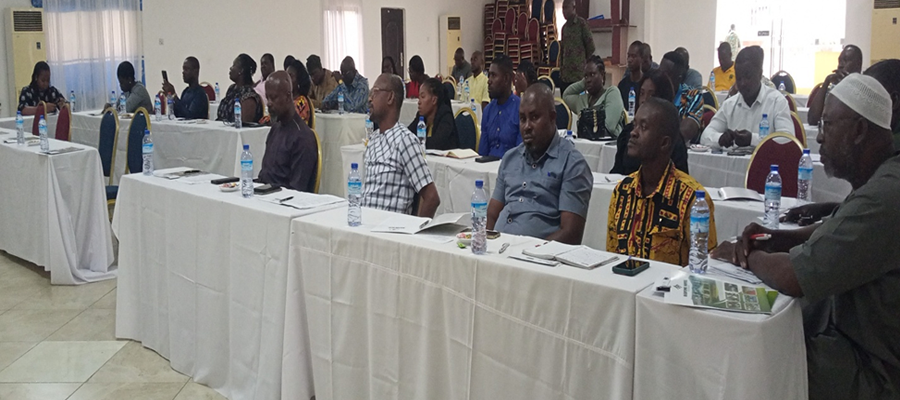

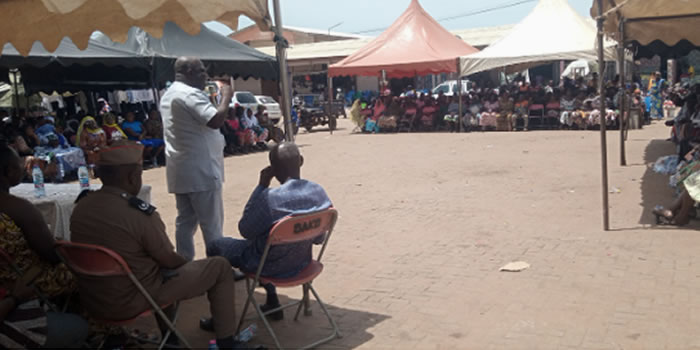

 facebook
facebook
 twitter
twitter
 Youtube
Youtube
 +233 593 831 280
+233 593 831 280 0800 430 430
0800 430 430 GPS: GE-231-4383
GPS: GE-231-4383 info@ghanadistricts.com
info@ghanadistricts.com Box GP1044, Accra, Ghana
Box GP1044, Accra, Ghana